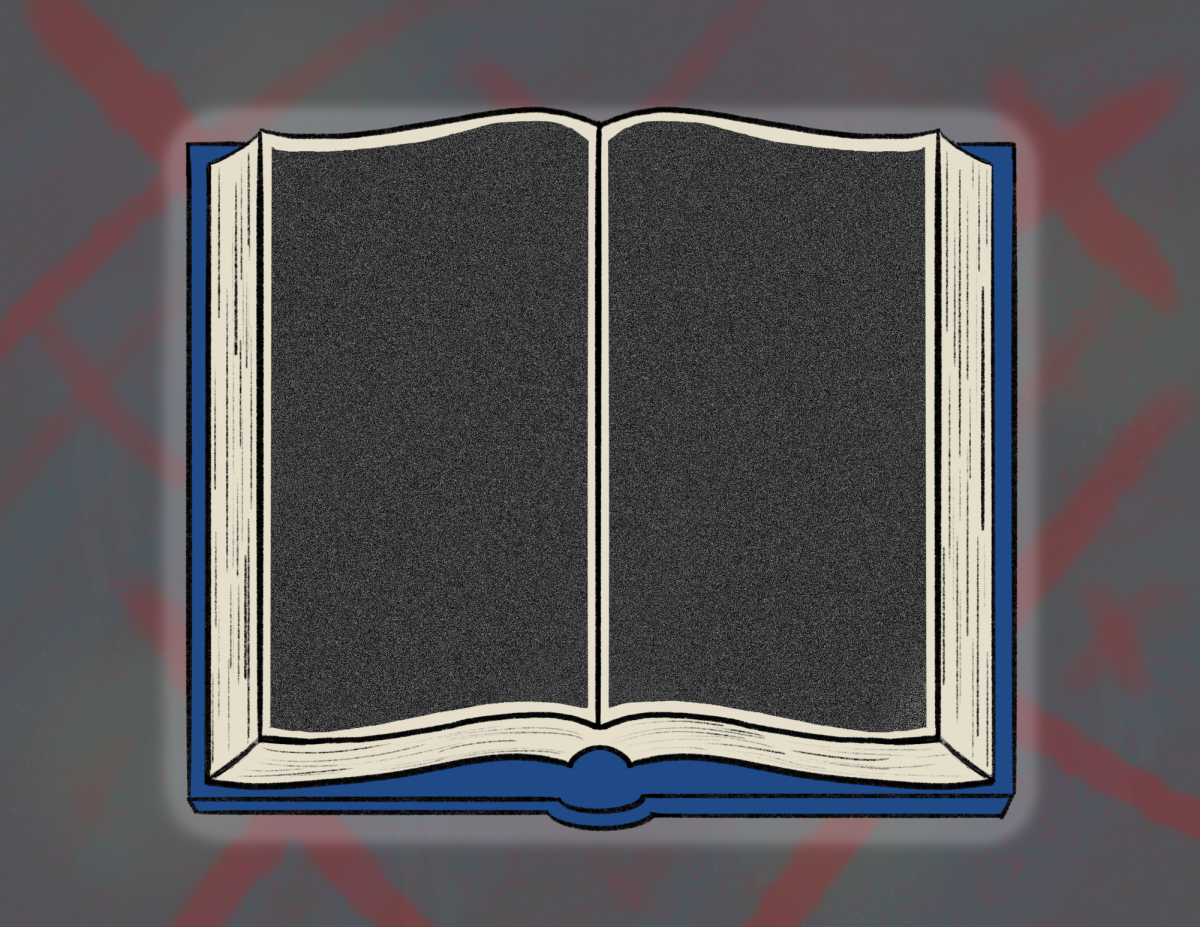
Zay Mahatha
Books have faced challenges and bans in libraries for decades, but what constitutes a “ban” is not always clear. At NC State Libraries, staff are working to explain how book bans happen, what they mean for readers and how institutions address them.
A book is “challenged” when someone raises concerns about its content, while a “ban” means access has been restricted or the title removed altogether. The American Library Association (ALA) tracks hundreds of challenges every year, and in recent years those numbers have risen, especially in K-12 schools and public libraries.
At NC State, the situation is different.
David Goldsmith, NC State Associate Director for Collections & Research Services, explained how decisions to remove books are rarely based on content. Instead, more practical concerns are taken into account.
“When we decide to withdraw a book from our collection, it’s usually based on if it’s no longer relevant, it’s been superseded by other editions or it’s damaged and can’t be repaired,” Goldsmith said.
He also noted that NC State libraries receive very few challenges compared to public libraries.
“We really haven’t had that many challenges; probably five in the last eight years, so we’re not getting people storming the fronts,” Goldsmith said. “That could change, and if it does, we would have to take a much more active role in trying to enforce the rights that we feel we have with academic freedom and intellectual freedom.”
Protecting academic freedom and preserving access for research is central to how the University handles challenged titles.
Goldsmith explained that controversial books may still be essential for academics and research, and that providing access to a wide range of perspectives is important. The library must be prepared to defend intellectual freedom if controversies arise to ensure students and faculty can access materials without censorship.
“We’re trying to build a comprehensive research collection,” Goldsmith said. “It can be ideological. There may be particular points of view that are objectionable to one group, and they may fight hard against it because they feel it goes against their core values.”
In contrast, challenges in K-12 schools and public libraries are more frequent and often center on age appropriateness. In those cases, objections usually come from parents or community members, and decisions about whether to remove a book are made by school boards or administrators.
Marian Fragola, NC State’s Director of Community Engagement and a former librarian at Durham County Public Library, said that these kinds of objections often have a common thread.
“Books in K-12 or public libraries typically receive the highest proportion of objections for ‘unsuitable for age level,’” Fragola said. “Age level, sexual content, profanity, violence, religious objections — those sorts of topics.”
Fragola added that what counts as “suitable for age level” is subjective and varies by community. Librarians must balance these concerns with their professional responsibility to provide broad access to books.
“Loggers challenged ‘The Lorax,’ because it’s about not cutting down trees,” Fragola said. “And the logging companies didn’t want little kids to think they were terrible for cutting down trees.”
To raise awareness, NC State participates in Banned Books Week, a nationwide event highlighting frequently challenged titles and celebrating the freedom to read. Fragola, who coordinates the University’s involvement, said the event is meant to remind students that censorship is still an ongoing issue.
“Just knowing that books continue to be banned and challenged helps build awareness,” Fragola said. “It’s kind of interesting to go to the ALA’s website and look at the top challenged titles. Students often love these books, like ‘The Giver’ or ‘The Lorax,’ and it’s a chance to think critically about why someone would challenge them.”
For Fragola, Banned Books Week is also about encouraging personal enjoyment.
“Students are busy with jobs and labs, but just keep reading,” Fragola said. “It’s one of the most enjoyable educational ways that we interact with ideas.”
Mark Banned Books Week, Oct. 5–11, by attending the events on campus and, as the Lorax might say, speaking for the trees and the stories that deserve to be read.